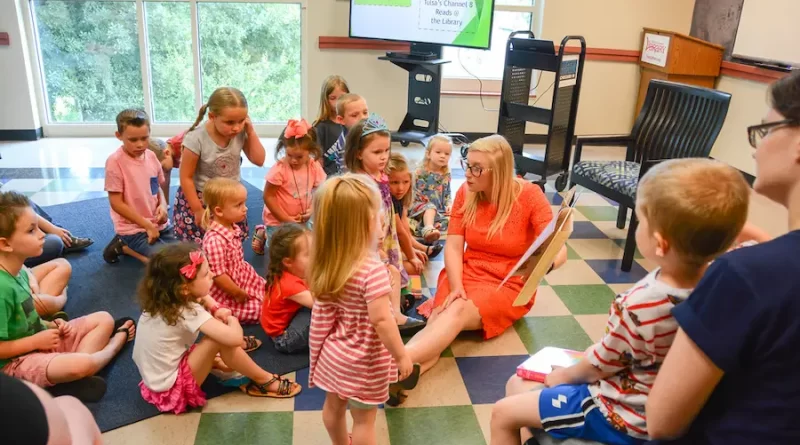The Significance of Music Education in Schools
A solid background in music education can help kids develop skills that can be used in other areas of life. It can also help them to become more disciplined, self-confident, and work ethic.
Increases Self-Esteem
Increasing students’ self-esteem through music education is a great way to improve their performance in school. It helps them succeed in music classes, excel in different aspects of life, and develop their sense of self.
One study looked at the effects of music education on psychological well-being. It used a sample size of 252 fifth and sixth-grade students attending a moderate-sized school district. They were divided into a control group and a music lesson group. The control group exhibited a decrease in self-esteem compared to the music lesson group. However, the effects of music education on psychological well-being were not a direct cause.
Enhances Learning
Developing your child’s musical talents can be beneficial in several ways. It provides a creative outlet, builds self-esteem, and enhances learning. Music also promotes socialization. Students learn to work together, creating a sense of acceptance. It can also help students with anxiety and improve their academic performance.
Research shows that musical training develops the left side of the brain, which is responsible for language processing. This part of the brain also helps students with problem-solving. Music also develops spatial intelligence, a critical tool for advanced mathematics. It allows students to visualize the world and form mental pictures.
Students who have mastered music also develop empathy for other cultures. They learn to recognize multiple solutions to a problem. They gain confidence and can be better able to cope with anxiety.
Students who study music also have a more advanced memory. Learning an instrument is challenging but can also be rewarding. It involves dedication, patience, and craftsmanship. Students with disabilities are also encouraged to learn an instrument to increase their fine motor skills.
Improves Coordination
Music education is a wonderful way to improve coordination whether you are a parent or a student. Kids who take music classes are often more socially-conscious and emotionally developed. They tend to have better-coping skills with anxiety and have higher self-esteem.
Music is also said to thicken the circuits in the brain that process sound and comprehend information. Playing an instrument can also improve ear-to-hand coordination and fine motor skills. As a result, students can better grasp math concepts. Reading sheet music is also a good way to improve hand-eye coordination.
Another advantage of music and movement activities is their ability to improve memory. When children perform music with actions, they can reflect on their movements. They also learn to work as a team. As a result, they realize that working together makes the best music.
Besides, music and movement activities also boost school readiness. These activities increase students’ attention, concentration, and decision-making skills. Moreover, they help students develop their spatial intelligence.
Fosters Greater Work Ethics and Discipline
Whether in a band, choir, or a simple class, a music education program creates a sense of community in a child’s school. It’s a place for students to bond over their love of music while learning to work together to achieve a goal.
Music education also creates a sense of pride for students as they learn that they can achieve something. This sense of achievement builds confidence in the student and increases their self-esteem.
Education is also beneficial for the student’s overall mental capabilities. The brain is stimulated through music, which helps to strengthen memory and motor skills.
Music also promotes teamwork and helps students to develop their communication skills. It’s a great way for students to learn about other cultures, which leads to greater acceptance of others.
Performing musical pieces provides students with the skills to cope with anxiety, and it teaches kids how to work together to achieve a common goal. It also helps them develop coordination skills, which can translate into other areas of school work.
Students who participate in music education also have better hand-eye coordination. Learning an instrument is not something that comes naturally, but it’s something that can be accomplished. The practice requires dedication and time.
Helps Overcome Performance Anxiety
Performing in front of an audience can be a stressful experience, but music education helps overcome performance anxiety. It is best to identify and confront the root cause of the stress.
Performing on stage can give you an adrenaline rush, but it is important to recognize that your body will react to pressure healthily. Stress is not bad, and the body’s response to pressure has evolved over millions of years. It is your body’s way of telling you something is important and needs your attention.
The most useful tool for overcoming performance anxiety is exercise. Performing exercises that hone your body’s “thinking on your feet” muscles will help you stay in control. It is also good practice to perform in front of an audience to familiarize yourself with the process.

